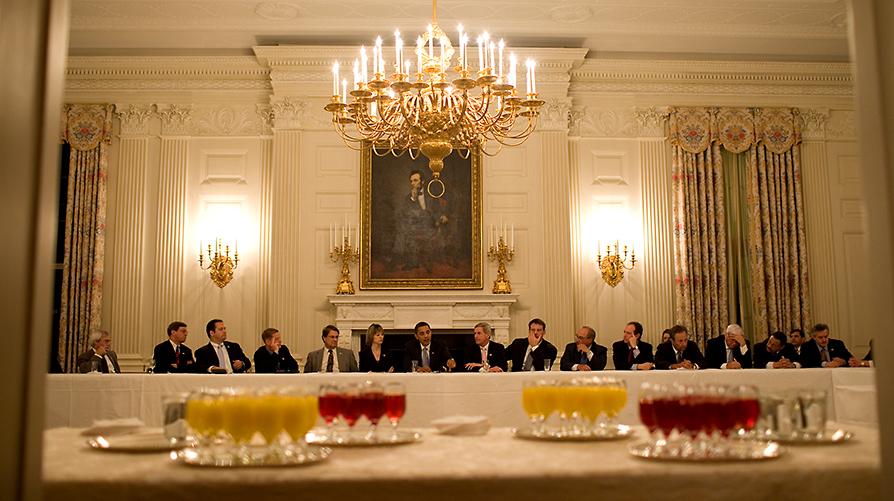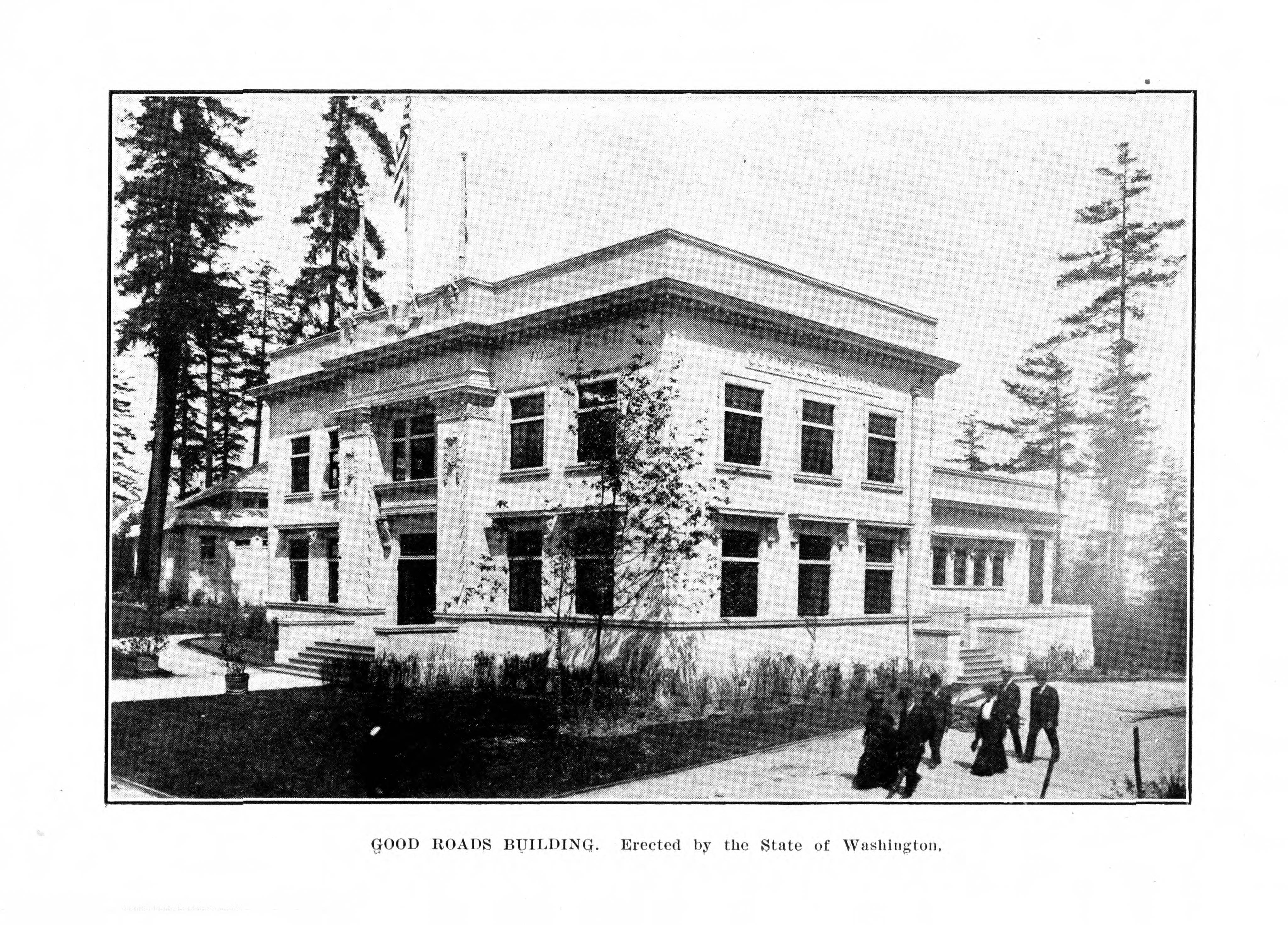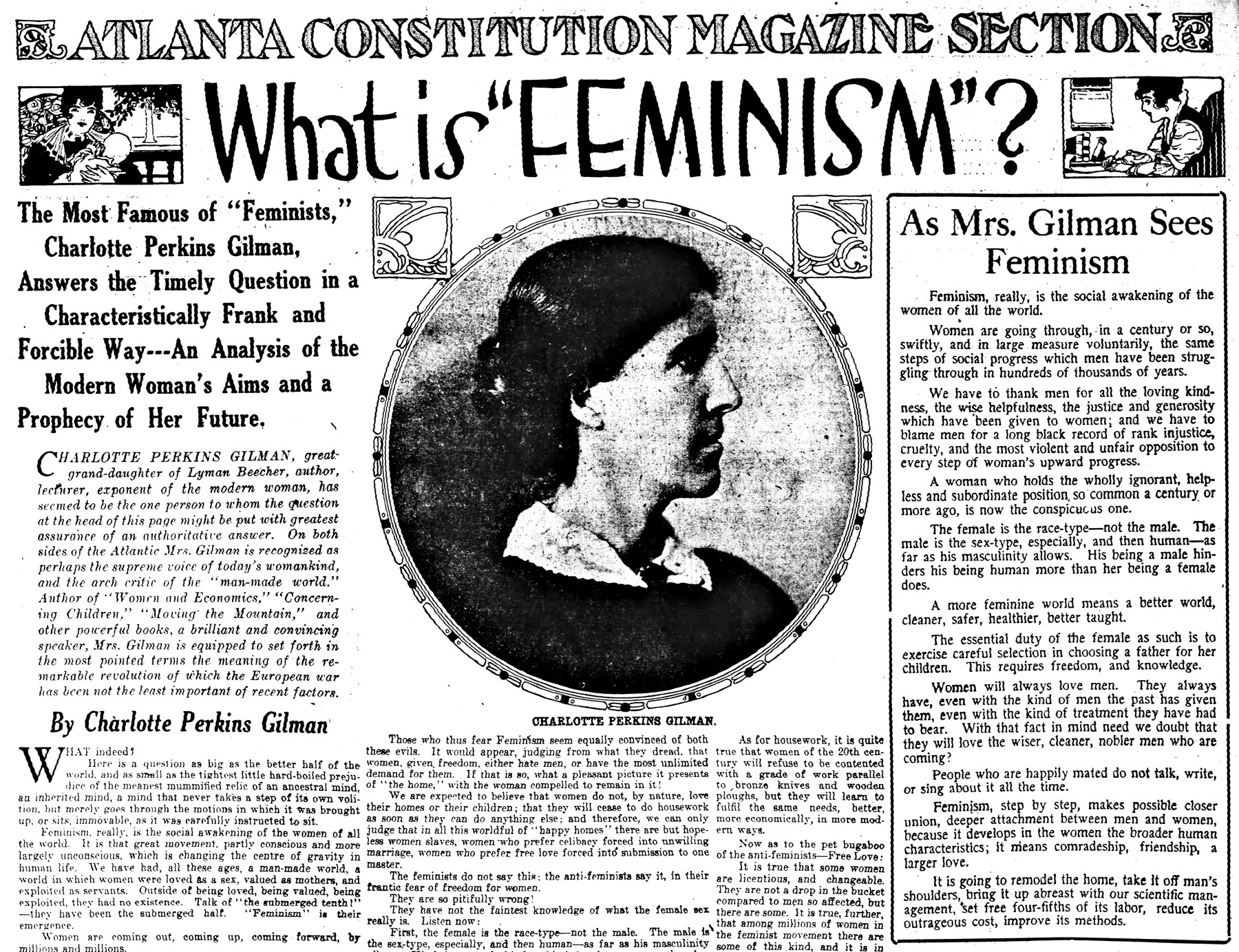|
Andrew J. Montague
Andrew Jackson Montague (October 3, 1862January 24, 1937; nickname "Jack") was a Virginia lawyer and American politician. He served as the 44th governor of Virginia, from 1902 to 1906, and a Congressman from 1912 until his death in 1937. A Democrat, Montague was the first Virginia governor since the American Civil War not to have served in the Confederate military. Initially a Progressive, Governor Montague expanded the state capitol building, supported public education and the Good Roads Movement and opposed the Martin Organization. However, later as U.S. Congressman, he became a Conservative Democrat and supporter of the Byrd Organization. Early life and education The son of prominent Confederate and later state judge Robert Latane Montague, Andrew Jackson Montague was born in 1862 in Campbell County near Lynchburg, Virginia. He was named after his father's youngest brother, a cadet at the Virginia Military Institute who died defending Richmond at the Battle of Gaines Mil ... [...More Info...] [...Related Items...] OR: [Wikipedia] [Google] [Baidu] |
Harris & Ewing
Harris & Ewing Inc. was a photographic studio in Washington, D.C. established by George W. Harris and Martha Ewing. As a full service studio, it did portraits and also had a news photo service. Various museums and the Library of Congress have collections of their photographs. History As a rookie news photographer, G. W. Harris covered the Johnstown Flood, Johnstown flood of 1889 in Pennsylvania. He worked at Hearst Corporation, Hearst News Service in San Francisco from 1900 to 1903, then joined President Theodore Roosevelt's press entourage on a train trip. Roosevelt, or a San Francisco newspaper editor, angry at having no photograph of George Frisbie Hoar to run with the story of his death, urged him to open a studio in Washington D.C. Harris and Martha Ewing opened their studio in 1905 at 1313 F Street NW. Ewing, an artist and Hand-colouring of photographs, colorist with whom he had worked, financed the company and managed the studio. They replaced the building with a new H ... [...More Info...] [...Related Items...] OR: [Wikipedia] [Google] [Baidu] |
Campbell County, Virginia
Campbell County is a United States county situated in the south central part of the Commonwealth of Virginia. Located in the Piedmont region of Virginia, Campbell borders the Blue Ridge Mountains. The county seat is Rustburg. Grounded on a tobacco cash crop economy, Campbell County was created in 1782 from part of Bedford County. The county was named in honor of General William Campbell, hero of the American Revolutionary War. Campbell County is part of the Lynchburg metropolitan area. At the 2020 census, the county population was 55,696. The number of residents has grown steadily in every census after 1930, and the total population has more than doubled since that time. Lynchburg was established in Campbell County in 1786, incorporated as a town in 1805, and separated from Campbell County when it became an independent city in 1852. Lynchburg has annexed additional land from Bedford County and Campbell County through the years, most recently in 1976. History The Native ... [...More Info...] [...Related Items...] OR: [Wikipedia] [Google] [Baidu] |
Byrd Organization
The Byrd machine, or Byrd Organization, was a political machine of the Democratic Party led by former Governor and U.S. Senator Harry F. Byrd (1887–1966) that dominated Virginia politics for much of the 20th century. From the 1890s until the late 1960s, the Byrd organization effectively controlled the politics of the state through a network of courthouse cliques of local constitutional officers in most of the state's counties. "The organization" had its greatest strength in rural areas. It was never able to gain a significant foothold in the growing urban areas of Virginia's many independent cities, which are not located within counties, nor with the emerging suburban middle-class of Virginians after World War II. Byrd's vehement opposition to racial integration of the state's public schools, including a policy of massive resistance, which ultimately failed in 1960 after it was ruled unconstitutional by both state and federal courts, could be described as the organization's ... [...More Info...] [...Related Items...] OR: [Wikipedia] [Google] [Baidu] |
Conservative Democrat
In American politics, a conservative Democrat is a member of the Democratic Party with more conservative views than most Democrats. Traditionally, conservative Democrats have been elected to office from the Southern states, rural areas, and the Great Plains. In a 2024 Gallup survey 55% of democrats identified as liberal or very liberal, 34% identified as moderate, and 9% identified as conservative or very conservative. Before 1964, the Democratic Party and Republican Party each had influential liberal, moderate, and conservative wings. During this period, conservative Democrats formed the Democratic half of the conservative coalition. After 1964, the Democratic Party retained its conservative wing through the 1970s with the help of urban machine politics. In the 21st century, the number of conservative Democrats decreased as the party moved leftward, with significant declines of conservative identification among democrats occurring during the first term of George W. Bush bet ... [...More Info...] [...Related Items...] OR: [Wikipedia] [Google] [Baidu] |
Good Roads Movement
The Good Roads Movement occurred in the United States between the late 1870s and the 1920s. It was the rural dimension of the Progressive Era#Good roads, Progressive movement. The movement started as a coalition between farmers' organizations groups and bicyclists' organizations, such as the League of American Bicyclists, League of American Wheelmen. Advocates for improved roads turned local agitation into a national political movement. The goal was state and federal spending to improve rural roads. By 1910, automobile lobbies such as the American Automobile Association joined the campaign, coordinated by the National Good Roads Association. Outside cities, roads were dirt or gravel; mud in the winter and dust in the summer. Travel was slow and expensive. Early organizers cited Transport in Europe, Europe where road construction and maintenance was supported by national and local governments. In its early years, the main goal of the movement was education for road building in rura ... [...More Info...] [...Related Items...] OR: [Wikipedia] [Google] [Baidu] |
Progressive Era
The Progressive Era (1890s–1920s) was a period in the United States characterized by multiple social and political reform efforts. Reformers during this era, known as progressivism in the United States, Progressives, sought to address issues they associated with rapid technological and industrial history of the United States, industrialization, urbanization in the United States, urbanization, immigration to the United States, immigration, and corruption in the United States, political corruption, as well as the concentration of industrial ownership in monopoly, monopolies. Reformers expressed concern about slums, poverty in the United States, poverty, and labor conditions. Multiple overlapping movements pursued social, political, and economic reforms by advocating changes in governance, scientific methods, and professionalism; regulating business; environmental protection, protecting the natural environment; and seeking to improve urban living and working conditions. Corru ... [...More Info...] [...Related Items...] OR: [Wikipedia] [Google] [Baidu] |
Confederate States Army
The Confederate States Army (CSA), also called the Confederate army or the Southern army, was the Military forces of the Confederate States, military land force of the Confederate States of America (commonly referred to as the Confederacy) during the American Civil War (1861–1865), fighting against the United States forces to support the rebellion of the Southern states and uphold and expand Slavery in the United States, the institution of slavery. On February 28, 1861, the Provisional Confederate Congress established a provisional volunteer army and gave control over military operations and authority for mustering state forces and volunteers to the newly chosen Confederate States president, Jefferson Davis (1808–1889). Davis was a graduate of the United States Military Academy, on the Hudson River at West Point, New York, and colonel of a volunteer regiment during the Mexican–American War (1846–1848). He had also been a United States senator from Mississippi and served a ... [...More Info...] [...Related Items...] OR: [Wikipedia] [Google] [Baidu] |
American Politician
In the United States, politics functions within a framework of a constitutional federal democratic republic with a presidential system. The three distinct branches share powers: Congress, which forms the legislative branch, a bicameral legislative body comprising the House of Representatives and the Senate; the executive branch, which is headed by the president of the United States, who serves as the country's head of state and government; and the judicial branch, composed of the Supreme Court and lower federal courts, and which exercises judicial power. Each of the 50 individual state governments has the power to make laws within its jurisdiction that are not granted to the federal government nor denied to the states in the U.S. Constitution. Each state also has a constitution following the pattern of the federal constitution but differing in details. Each has three branches: an executive branch headed by a governor, a legislative body, and a judicial branch. At the local le ... [...More Info...] [...Related Items...] OR: [Wikipedia] [Google] [Baidu] |
University Of Virginia
The University of Virginia (UVA) is a Public university#United States, public research university in Charlottesville, Virginia, United States. It was founded in 1819 by Thomas Jefferson and contains his The Lawn, Academical Village, a World Heritage Site, UNESCO World Heritage Site. The original governing Board of Visitors included three List of presidents of the United States, U.S. presidents: Jefferson, James Madison, and James Monroe, the latter as sitting president of the United States at the time of its foundation. As its first two Rector (academia)#United States, rectors, Presidents Jefferson and Madison played key roles in the university's foundation, with Jefferson designing both the #1800s, original courses of study and the university's #Academical Village, architecture. Located within its 1,135-acre central campus, the university is composed of eight undergraduate and three professional schools: the University of Virginia School of Law, School of Law, the University ... [...More Info...] [...Related Items...] OR: [Wikipedia] [Google] [Baidu] |
University Of Richmond
The University of Richmond (UR or U of R) is a Private college, private Liberal arts colleges in the United States, liberal arts college in Richmond, Virginia, United States. It is a primarily undergraduate, residential institution with approximately 3,900 undergraduate and graduate students in five schools: the School of Arts and Sciences; the E. Claiborne Robins School of Business; the Jepson School of Leadership Studies; the University of Richmond School of Law; and the University of Richmond School of Professional & Continuing Studies, School of Professional & Continuing Studies. It is Carnegie Classification of Institutions of Higher Education, classified among "Baccalaureate Colleges: Arts & Sciences Focus". History The University of Richmond traces its history to a meeting of the Baptist General Association of Virginia held on June 8, 1830. The BGAV resolved "that the Baptists of this State form an education society for the improvement of the ministry." Thus, the Virginia ... [...More Info...] [...Related Items...] OR: [Wikipedia] [Google] [Baidu] |
Lawyer
A lawyer is a person who is qualified to offer advice about the law, draft legal documents, or represent individuals in legal matters. The exact nature of a lawyer's work varies depending on the legal jurisdiction and the legal system, as well as the lawyer's area of practice. In many jurisdictions, the legal profession is divided into various branches — including barristers, solicitors, conveyancers, notaries, canon lawyer — who perform different tasks related to the law. Historically, the role of lawyers can be traced back to ancient civilizations such as Greece and Rome. In modern times, the practice of law includes activities such as representing clients in criminal or civil court, advising on business transactions, protecting intellectual property, and ensuring compliance with laws and regulations. Depending on the country, the education required to become a lawyer can range from completing an undergraduate law degree to undergoing postgraduate education and ... [...More Info...] [...Related Items...] OR: [Wikipedia] [Google] [Baidu] |







